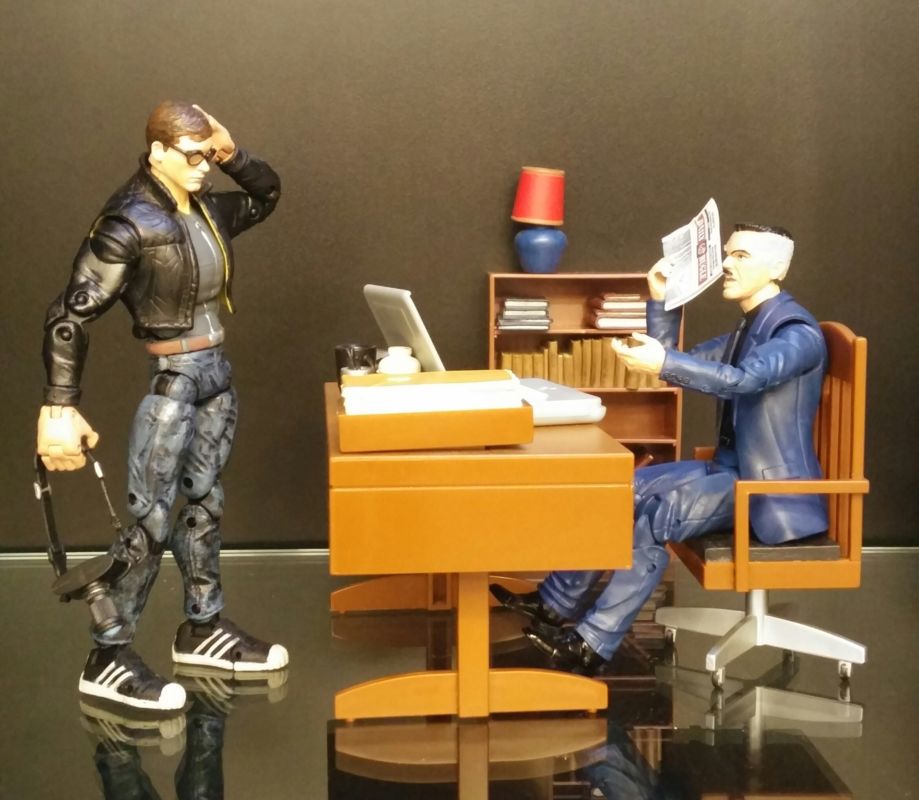

As close as Holland’s Peter Parker comes to recapping the familiar origin is dropping some vague hints: “When you can do the things that I can, but you don’t. (What’s his motivation to do that? Superheroes are cool, basically.) We see Marisa Tomei as a considerably younger Aunt May than most versions of Spidey’s story have featured, but there’s no mention of a radioactive spider, or of Uncle Ben. Holland’s delivery of “Hey, everyone!” (his only line that made the Civil War trailer, or needed to) is in the voice of someone who’s grown up watching YouTube videos.Īll we’re told about Spider-Man in Civil War is that he got his powers about six months earlier, and he’s been performing heroic feats in a costume. His action scene at the Leipzig-Halle Airport is pure delight he bounds around the screen, hero-worshiping Captain America and trying to ingratiate himself with Bucky Barnes and Sam Wilson even as he’s fighting them. So when the MCU’s Spider-Man debuts midway through it, he’s a beam of sunshine. Why waste time repeating familiar details?Ģ016’s Captain America: Civil War is a somber, heavy movie as it is, and it doesn’t have room for the bitterness and death that are central to Peter’s backstory.

We know (or think we know) who Peter Parker is, what his special abilities are, how he got them, who raised him, what his late uncle told him about the relationship between power and responsibility, and the painful way that message got driven home to him.

We’ve seen the earlier movies, or read the comics, or watched the TV shows. The MCU’s Spidey arc begins with a flash of brilliance: It takes his background as given.


 0 kommentar(er)
0 kommentar(er)
